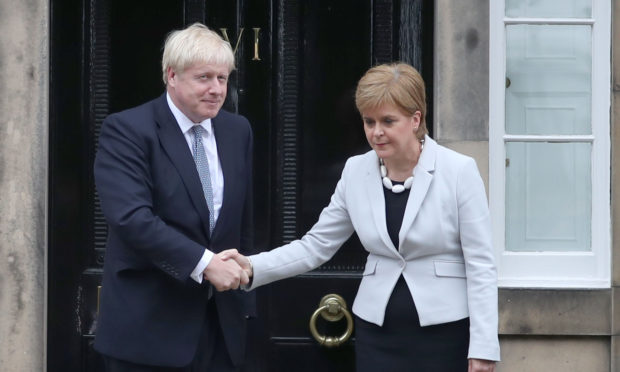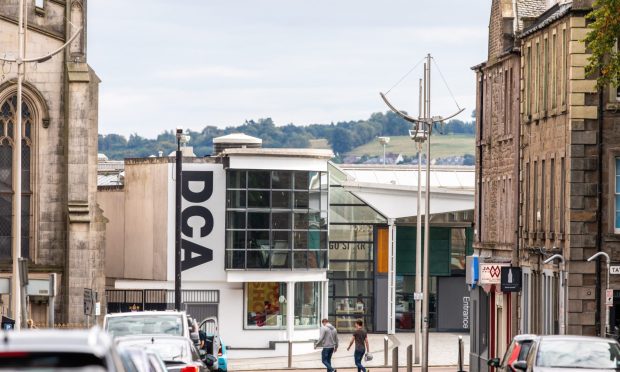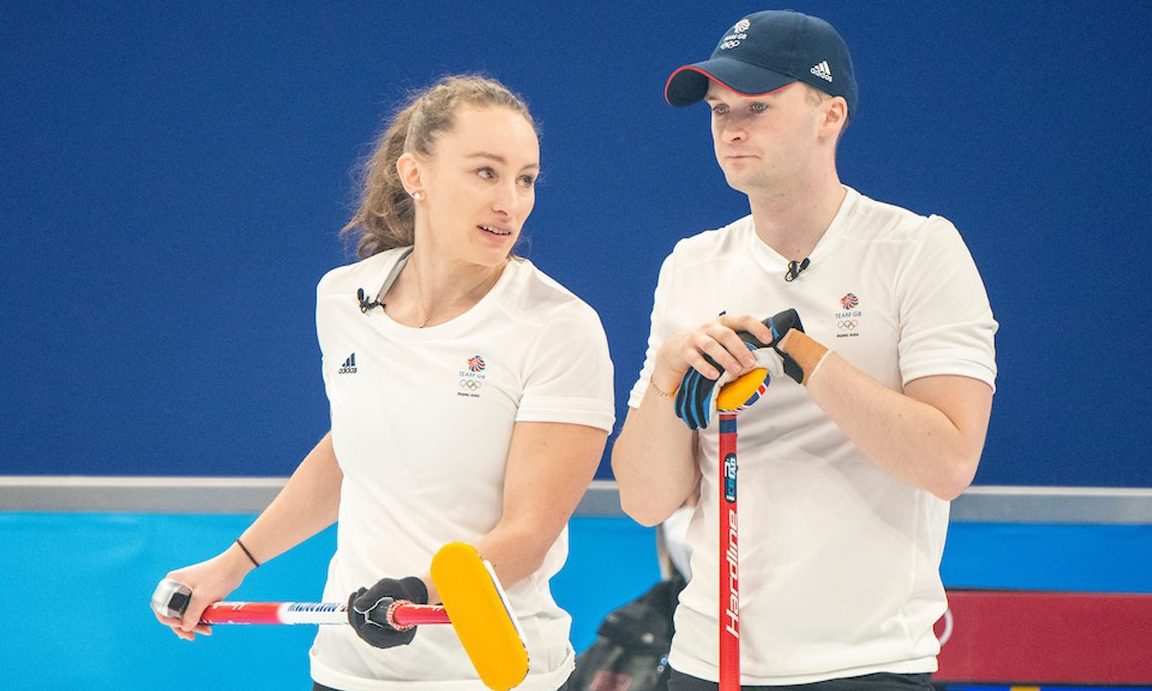Imagine if it had been Boris Johnson, not Nicola Sturgeon, fist pumping gleefully over the defeat of a big scalp opponent on election night.
The excuse – Sturgeon said she got ‘over excited’ after the SNP beat Lib Dem leader Jo Swinson – would not have quietened the nation’s unease over a head of government displaying such yobbish partisan bias.
Thankfully for Britain, the prime minister, about whom many of us still harbour serious reservations, behaved with greater humility following his triumph last Thursday.
Admitting that his 80-seat majority had been won with the help of votes ‘lent’ from people who would normally support other parties, he promised to govern for everyone, not just those in his camp. Not so the leader of Scotland’s devolved administration.
As in the rest of the UK, it is thought that swathes of voters in Scotland changed their political allegiance because of Brexit.
The nationalists regained 13 of the seats they lost in the 2017 election, thanks in part to Scots’ distaste both for a hard Brexit and for Johnson.
The SNP capitalised on pro-Europe sentiment north of the border and barely mentioned independence in the latter half of the campaign.
An analysis by the Scotland in Union group found at least 40 of the SNP’s 59 candidates standing in last Thursday’s election omitted the word ‘independence’ from their leaflets.
But Sturgeon now pretends the election was all about Scottish independence after all.
Based on her own logic in the wake of the Leavers’ victory in 2016, which she blamed on their ‘lack of honesty with voters’, she could now be accused of misleading the electorate.
People in Scotland who voted for the SNP for the first time because they saw this as the best hope of avoiding Brexit, may now be dismayed at being exploited for Sturgeon’s primary objective, which is to set a date as soon as possible for a new vote on separation.
As a Courier reader pointed out on Monday, the SNP won 1,242,380 votes, but more people, 1,468,194, chose to vote for other parties.
The nationalists secured 45% of the vote, which is close to what they won in 2014, when Scotland convincingly rejected the opportunity to become independent.
In the two general elections and one Holyrood election since then, there has been no further advance for the secessionist cause.
Support for unionist parties last week was divided between the Conservatives, Lib Dems and Labour but taken together it is clear there is more appetite in Scotland for remaining within the UK than for tearing it apart – just as in 2014.
Despite this, Sturgeon has called on Scotland to ‘come together’ to force Johnson to concede to a new independence referendum, with her increasingly extreme rhetoric suggesting the same lapse of judgment that Sky’s cameras caught on election night.
“Scotland cannot be imprisoned in the United Kingdom against its will,” she said on the BBC’s Andrew Marr show on Sunday.
Nicola Sturgeon claims ‘imprisoned’ Scotland is being held in the UK against ‘its will’
It is a strange kind of imprisonment that awards her party 48 seats on the strength of 1.2 million votes, while the Lib Dems, who managed to attract 3.6 million votes nationwide, only ended up with 11 seats.
From no perspective is Scotland hard done by as a consequence of being in the Union, not financially as we receive more per capita from the Treasury than the rest of the UK, and not electorally – if anything, this country is massively over represented at Westminster.
As a politician on the campaign trail, Sturgeon can be forgiven when the mask slips to expose an unreconstructed zealot. But as first minister she is supposed to govern on behalf of all Scots, not just those who voted for the SNP.
Scotland is not being held in the Union against its will, as she said; a majority remain opposed to separation.
Let’s see what the political landscape looks like after the 2021 Scottish elections. If well over 50% of the electorate vote for the SNP, standing on an unambiguous secessionist platform, then perhaps Sturgeon (if still leader) can claim the tide has turned since 2014.
But without the bogeyman of Brexit, the nationalists will have nowhere to hide. No wonder Sturgeon wants that referendum now.










